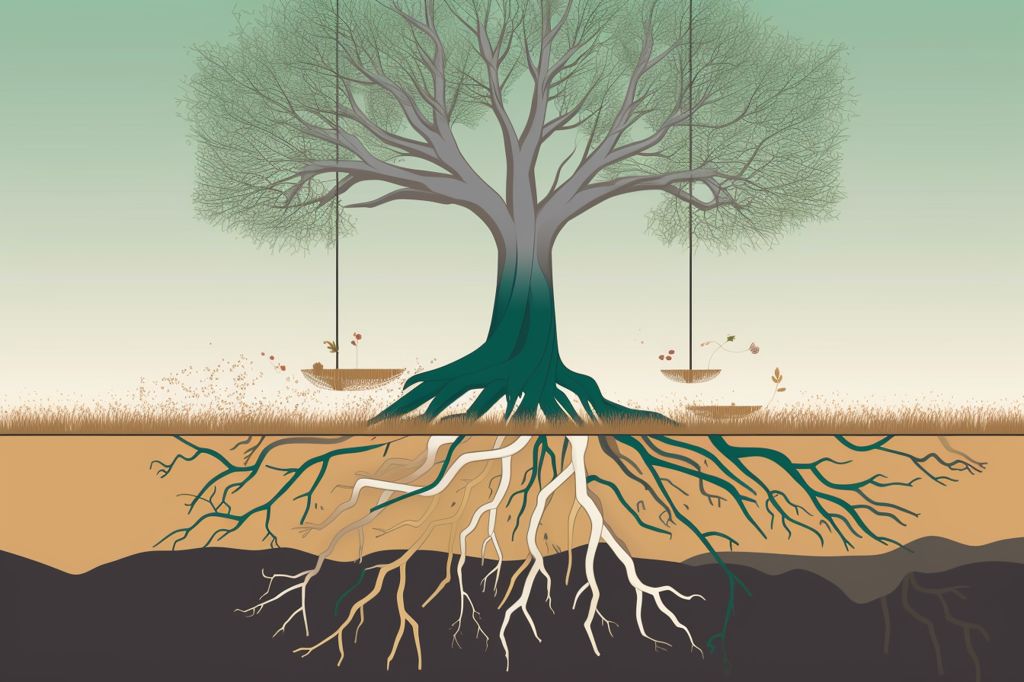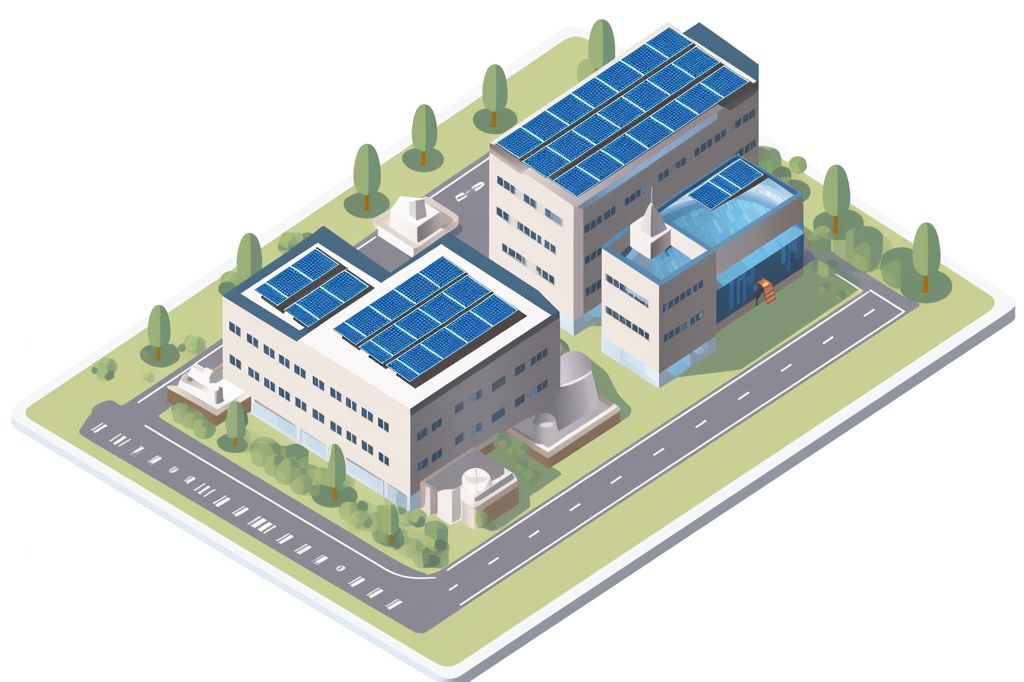Introduction
South Africa has taken a significant step towards a sustainable and low-carbon future by publishing its 8th National Greenhouse Gas Inventory Report (NIR). This detailed report provides an inventory of annual greenhouse gas emissions from 2000 to 2020, including sources of emissions and removals by sinks, such as carbon dioxide, methane, nitrous oxide, perfluorocarbons, and hydrofluorocarbons.
Transparency and MRV System
South Africa is one of the few countries that publish its GHG inventory for public comment and subjects the report to a UNFCCC-style review process to enhance transparency in compiling its GHG emission estimates. The country’s monitoring, reporting, and verification (MRV) system is supported by a well-established emissions reporting program called the South African Greenhouse Gas Emissions Reporting System (SAGERS), which includes a corporate governance process to ensure that crucial state data custodians share relevant data and information for inclusion in the report.
Emissions Profile
The GHG inventory shows that South Africa’s net emissions decreased marginally between 2000-2020 by about 0.8 percent, declining from 446 million tonnes in 2000 to 442 million tonnes in 2020. However, between 2017 and 2020, net GHG emissions decreased by 5.9 percent, primarily due to the COVID-19 pandemic. The most significant sources of greenhouse emissions in South Africa are power generation, transport, industrial fuel use, fugitive emissions from the processing of fuels, livestock, and waste management.
Future Projections
Despite the declining emissions profile between 2017 and 2020, preliminary assessments using data from the SAGERS system for 2021 show that some emission sources have increased compared to 2020. This implies that from 2021 onwards, the most carbon-intensive assets will likely return to pre-COVID emission rates, in line with international trends observed from developed countries’ GHG emission inventory submissions for 2021 filed with the UNFCCC in April 2023.
Net-Zero Carbon Economy
South Africa aims to achieve a Net-Zero carbon economy and society by 2050. To achieve this long-term objective, it will have to increase its carbon sinks, such as afforestation, reforestation, reversing land degradation, and grassland management. The NIR also highlights the role carbon sinks play in lowering the country’s net greenhouse gas emission profile.
This 8th GHG Inventory provides essential data for tracking the implementation of South Africa’s NDC and supports the country’s domestic and international reporting obligations. The report’s full format, including public comment and independent verification, demonstrates South Africa’s commitment to transparency and accountability in its MRV system. It is a significant step towards achieving the country’s sustainable and low-carbon future.












